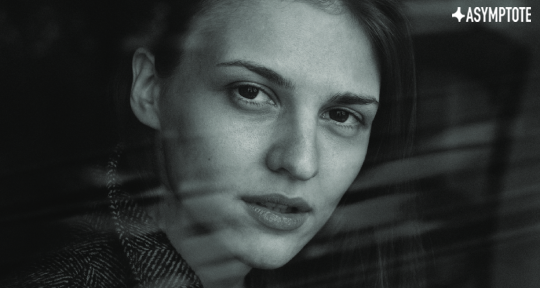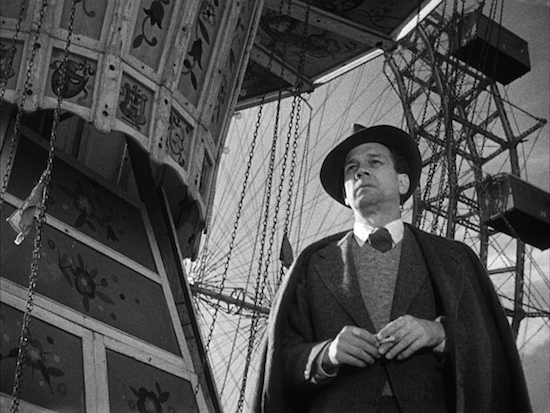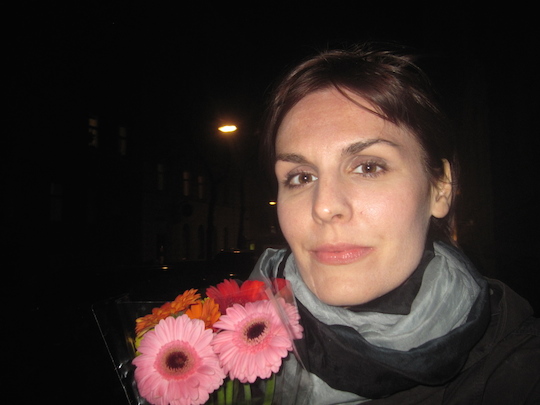Poets, among all artists, are the ones most likely to turn back again and again towards the innate failures of their craft. Whether if it is a stifled voice suffering the consequences of societal atrophy, a consummate frustration at the form’s lack of innovation, or the perceived obsolescence of the written word in addressing the pertinent concerns of life—writers of verse are constantly looking for ways to subvert and resolve such plaguing doubts. Amongst them, Radmila Petrović is a young Serbian poet composing under the brightening promise of the New Sincerity movement, helping to lift the veil of stasis. In this following essay, our Editor-at-Large for Serbia, Jovanka Kalaba discusses the weary weight that burdens the works of Serbian literature, layered with a century’s worth of national trauma, and how Petrović has rejuvenated the scene with equal parts lightness and gentleness.
There is something about Serbian cultural productions—of film especially, but literature as well—that audiences do not find particularly appealing. “Too dark” is what one will normally hear people say; with a particular brand of gloom, our narratives often dwell on national tragedies—namely the major conflicts of the twentieth century, most pertinently the Yugoslav Wars—but also political failures, systemic dead-ends, and the emotional and societal burdens that come along with them: guilt, denial, emotional numbness, ideological polarization, class polarities, etc. Literary and art works are often received in a way that can be summed up in a statement uttered by one of my friends: “Does reading a good book or watching a good movie around here always have to result in feeling as if someone had clubbed me with a baseball bat?” This “tough love” approach taken by most artists as a way to confront their audiences with the truth usually results in an overtly cerebral recognition of their works on the progressive, liberal side of the spectrum, and utmost consternation and suspicion of auto-chauvinism and self-hate on the conservative and nationalist part of the spectrum—nothing else.
Times have been rough for those determined to be sincere about the philosophical and cultural preoccupations of (post)modern living; truth is largely perceived as an outdated concept, a perhaps inevitable conclusion considering how worn-out the language has become—used up by television, advertising, and other forms of mechanical reproduction. In his Calligraphy Lesson: The Collected Stories, Mikhail Shishkin says that words—“guards that keep out emotion and meaning, sentries at the boundary between people”—have lost their divine meaning. The only thing remaining is to “learn to grope your way toward understanding each other, or else be able to escape over the verbal barbed wire.” He insists, however, that “there is no road to understanding except through words.” But how can one speak the truth if the language is not working? READ MORE…





